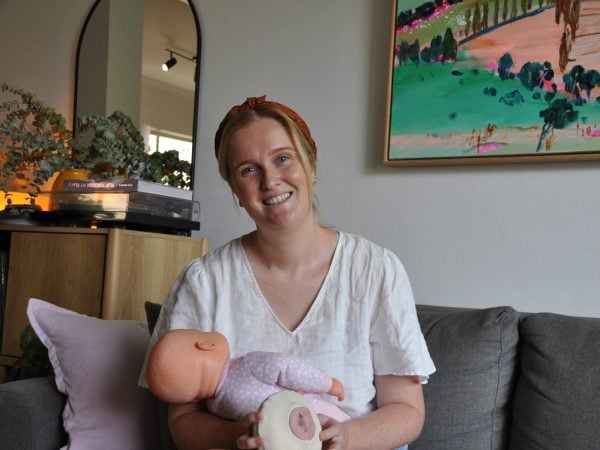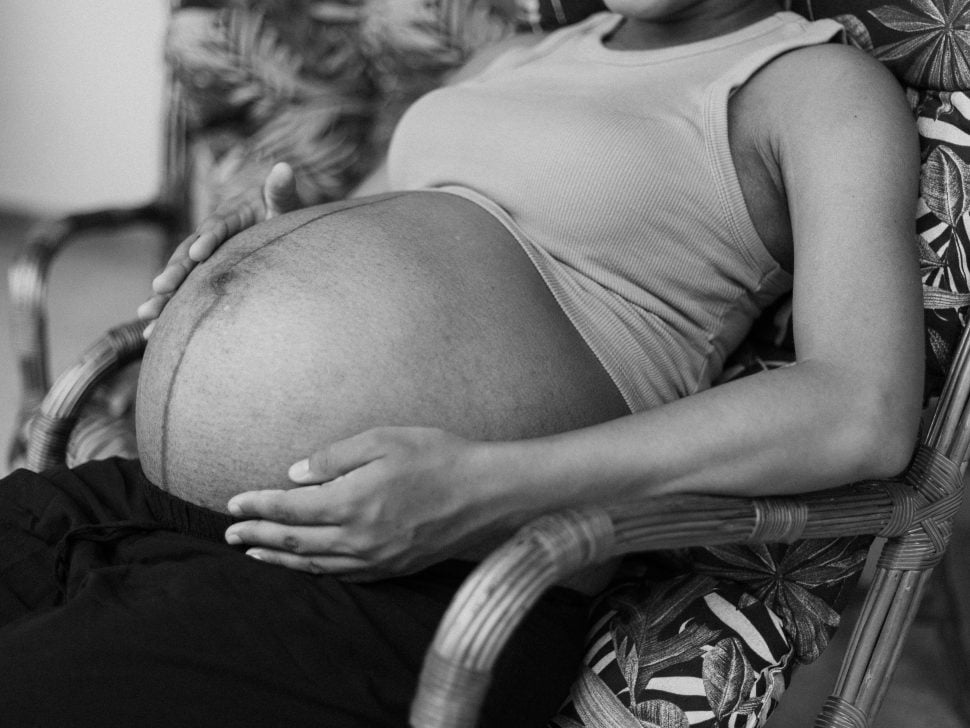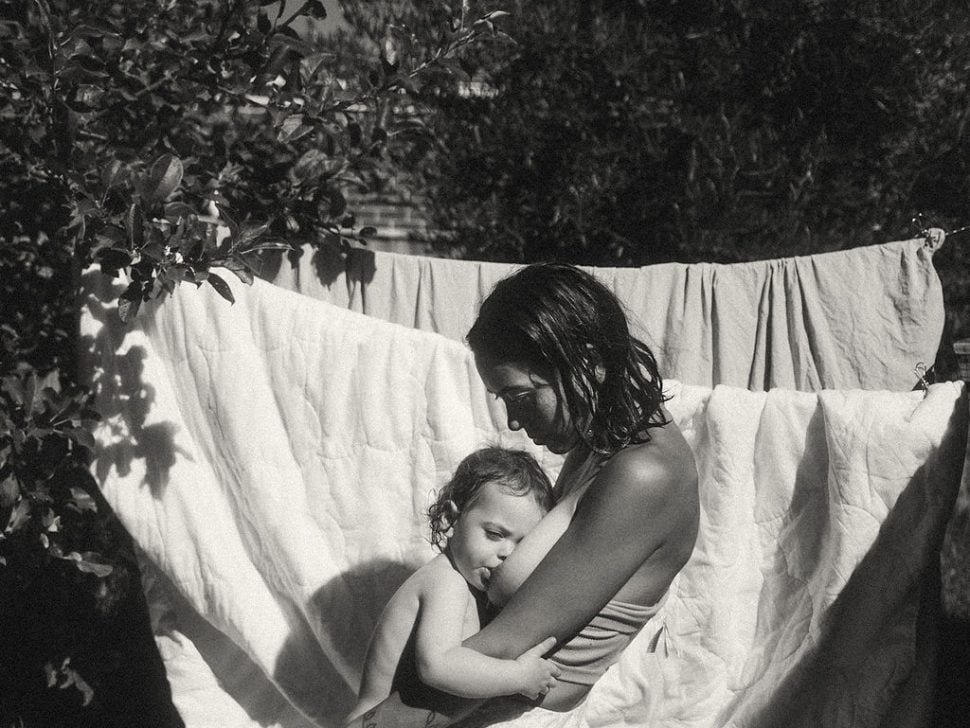Lively Lifestyles Psychology
Ana Ristov is a registered Psychologist and accredited Perinatal and Infant Mental Health Clinician with a deep commitment to supporting women through the full arc of the perinatal experience – from preconception, pregnancy, and birth, to the early years of parenting.
Ana understands that becoming a parent is about so much more than having a baby. It’s a profound identity shift – matrescence – as complex and transformative as adolescence, only with far less societal guidance (and much less sleep). She’s passionate about helping you navigate this journey with gentleness, self-compassion, and clarity, so that you can feel more grounded in your evolving self.
She supports clients navigating:
Pregnancy and Birth
- Managing antenatal and postnatal anxiety or depression
- Feeling anxious or uncertain about giving birth
- Recovering emotionally from a difficult or traumatic birth
- Making sense of your birth experience
Postnatal Identity & Adjustment
- Finding your footing in the early stages of parenthood (matrescence)
- Reconnecting with who you are outside of motherhood
- Adjusting to new roles, expectations, and daily rhythms
- Struggling with body image or pressure to ‘bounce back’
- Realigning with your core values in this new season of life
Parenting & Connection
- Strengthening your bond and emotional connection with your baby
- Tuning in to your child’s needs while learning to trust your instincts
- Exploring feelings of frustration, anger, or “mum rage”
Relationships, Roles & Boundaries
- Navigating shifts in your relationship or co-parenting dynamic
- Setting boundaries to protect your wellbeing and your child’s
- Preparing for or settling back into paid work after leave
Ana knows what it’s like to be in the thick of it – she’s navigated many of the same struggles that you might be experiencing right now. Her style is warm, thoughtful, and collaborative. She works from the belief that you are the expert in your own life, and that therapy is a space for curiosity, reflection, and renewal. Her approach integrates attachment theory, trauma-informed care, and evidence-based therapeutic frameworks – all held within a safe and supportive relationship.
Whether you’re preparing for pregnancy, navigating the early postpartum haze, or simply wondering where you went in all of this – Ana offers a space to gently land, reflect, and begin to feel more like yourself again.














